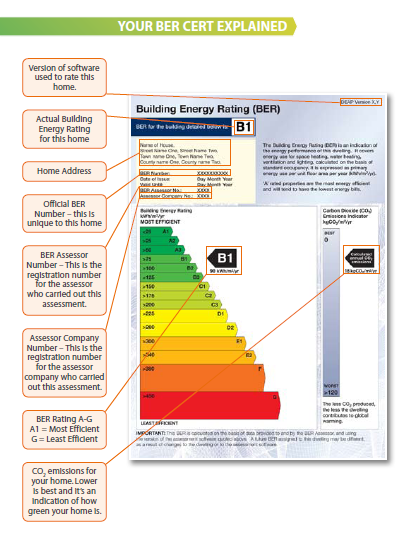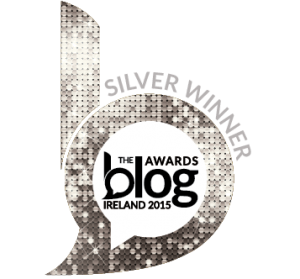Visit to Daikin Manufacturing Plant – Bruges, Belgium
We were invited by Daikin to visit their manufacturing plant in Bruges, Belgium. Daikin has more than 50 years of experience with heat Pumps and provides more than a million of them to homes and commercial applications each year. Daikin Altherma is a total domestic heating and hot water system based on air source heat pump technology. It represents a flexible and cost-effective alternative to a fossil fuel boiler, with a cooling option. The inherent energy efficiency characteristics of Daikin Altherma make it an ideal solution to reduce energy consumption and CO2 emissions.
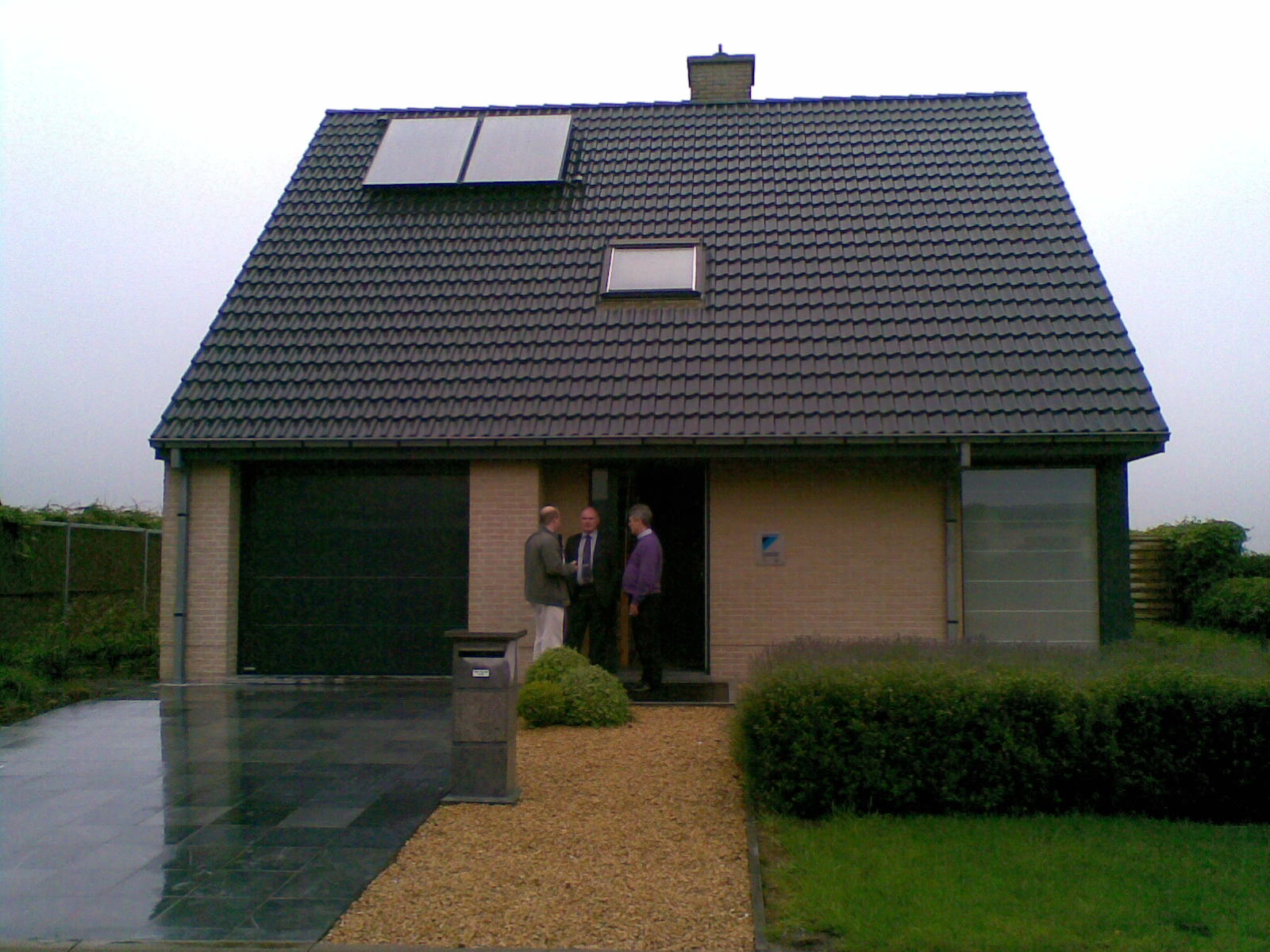
People are becoming more and more aware of the cost of heating. Traditional heating systems and boilers use fossil fuels, making them an expensive and non sustainable option for the environment. Nobody wants to waste their money. Since two thirds of the heat generated by the Daikin Altherma air source heat pump system is free of charge and maintenance is minimal, the perfect solution is just around the corner.
Daikin Altherma air-to-water heat pump quickly creates an optimal room temperature for you and your family. You enjoy a comfortably warm environment in just 3 steps.
- The heat pump extracts free low temperature heat from the outside air.
- The system raises the temperature of the recovered heat
- This greater warmth is then distributed throughout your home via heating emitters
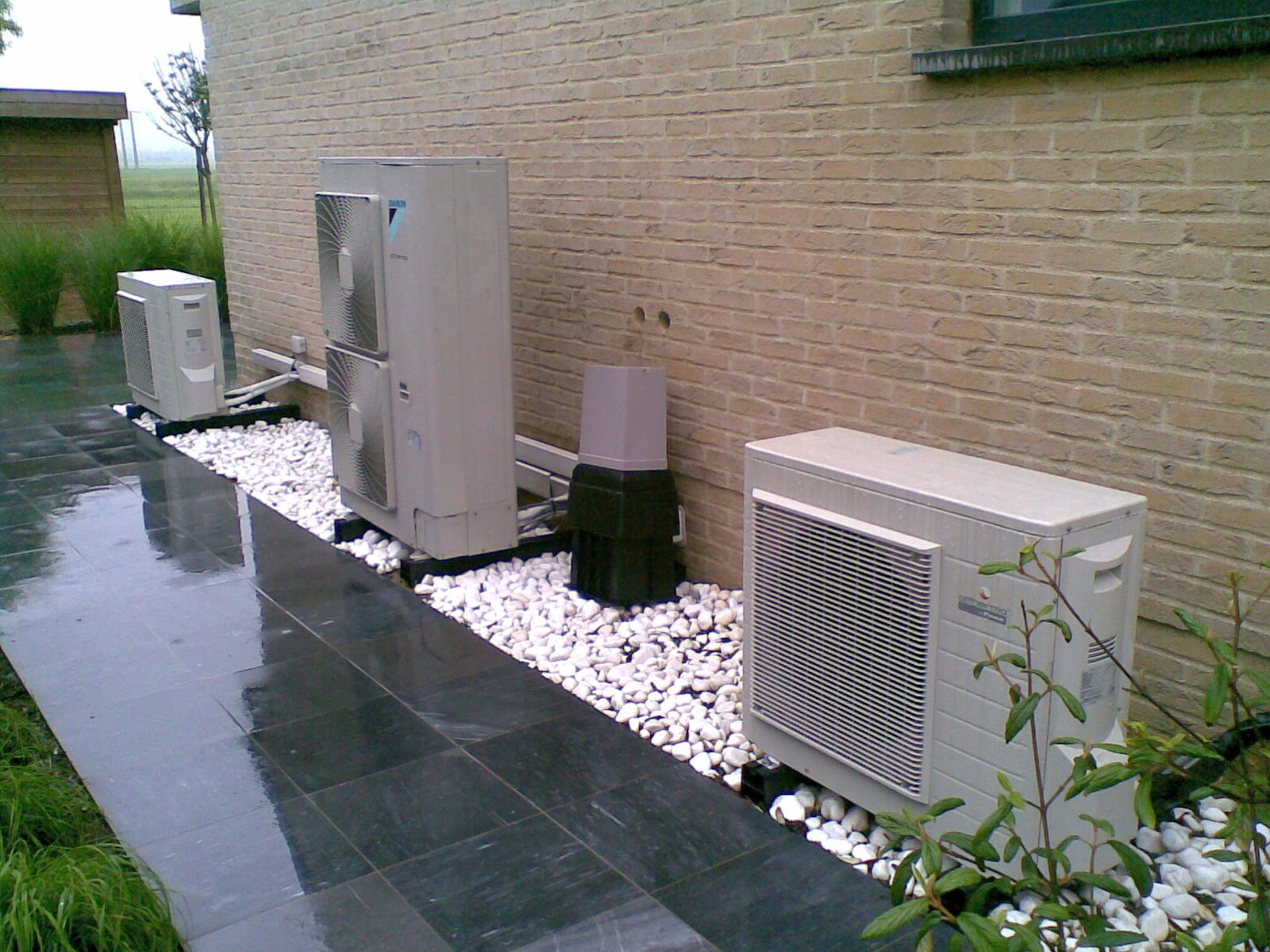
The Daikin Altherma is the ideal choice for both New Build and Renovations. It is available in both a Low Temperature and a High Temperature Heat Pump option.
For New Build there is the Split Option or the Monobloc Option.
Split Option: Consists of an Outdoor Unit and an Indoor Unit. The Outdoor Unit extracts heat from the outside air and raises its temperature to a level high enough to supply heating. This heat is then transfered to the indoor unit through refrigerant pipes. The compact outdoor unit is easily installed, and no drilling or excavation work is required, it can also be installed in flats and apartments.
The Indoor Unit heats the water that circulates through low temperature radiators, floor heating systems or fan coil units and also provides domestic hot water. If you opt for the combination of heating and cooling, then the indoor unit can also decrease the water temperature to distribute a refreshing coolness.
Monobloc Outdoor Unit: All in one. In addition to Daikin Altherma indoor and outdoor unit systems, Daikin has introduced a Monobloc version in which all hydraulic parts are located within the outdoor unit. In this system the water pipes, rather than refrigerant lines, run indoors from the outdoor unit. The monobloc can be used for both heating and cooling.
Advantages of Low Temperature Heat Pumps:
- Cost effective low energy consumption
- Ideal system for Underfloor heating and Alurad High efficient radiators
- Heating and Cooling
- Eco-label for low temperature split
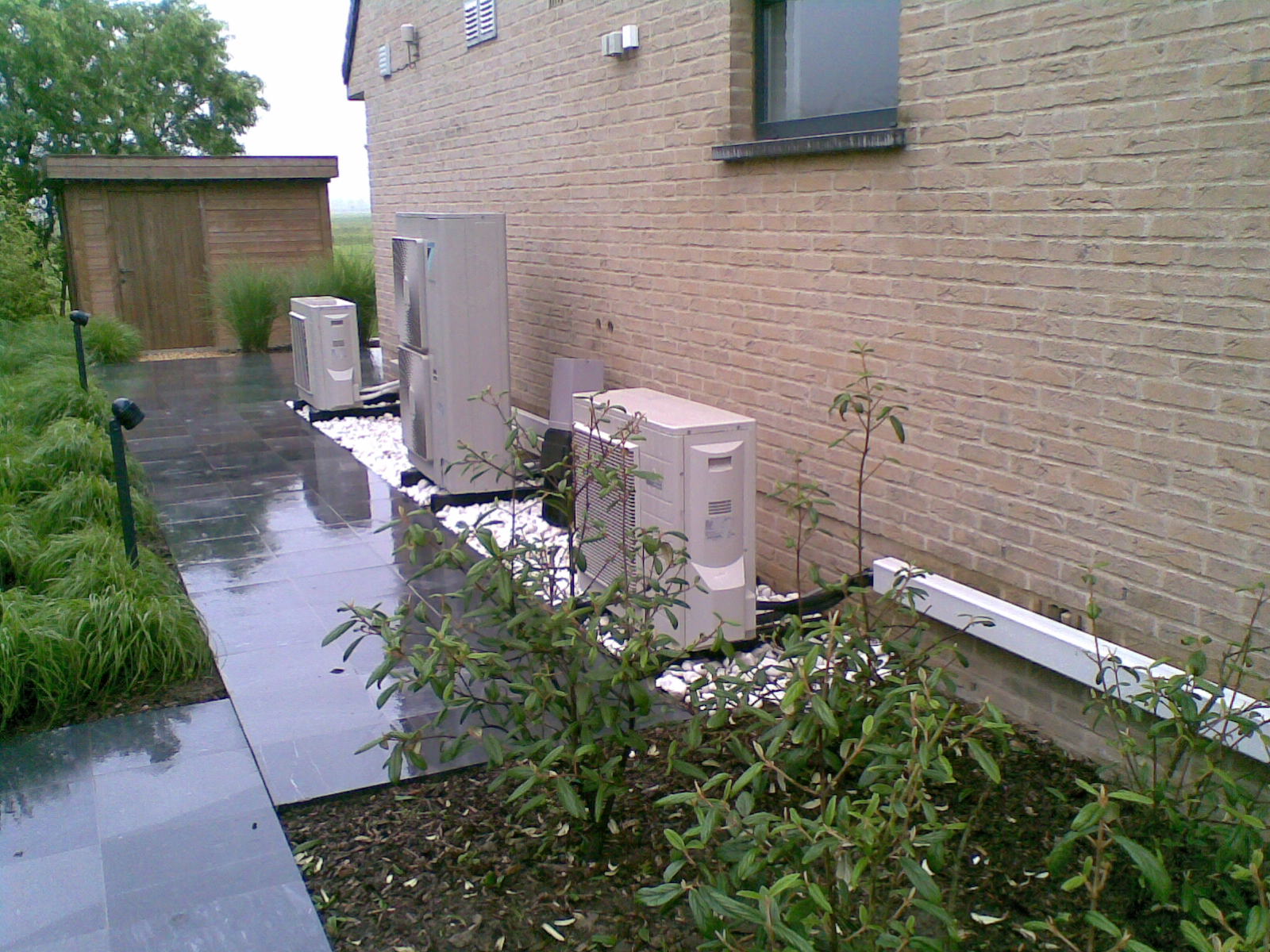
The Daikin High Temperature Heat Pump for Renovations consists of an indoor and outdoor unit. The outdoor unit extracts heat from the outside air and raises the temperature to a level high enough to supply heating. This heat is transferred to the indoor unit via refrigerant piping. The indoor unit then increases the temperature, allowing water temperatures up to 80 degrees Celsius for heating through traditional steel radiators and for domestic hot water use.
Advantages:
- Heating up to 80 degrees Celsius without electric heater
- Easy replacement of existing boiler, without changing heating pipes.
- Combinable with high temperature radiators
- Low energy consumption: best COP levels in its class (up to 3.08)
 Daikin was the first company to obtain the Eco-label for its Daikin Altherma air-to-water heat pumps. The EU awards an Eco-label to a heat pump when its evaluation shows it to be more energy efficient than the average for heat pumps without an Eco-label. In being awarded the Eco-label, Daikin Altherma was assessed in a range of categories: heating and cooling efficiency, refrigerant global warming potential (GWP), noise, training, documentation, availability of spare parts and detailed information at point of sale.
Daikin was the first company to obtain the Eco-label for its Daikin Altherma air-to-water heat pumps. The EU awards an Eco-label to a heat pump when its evaluation shows it to be more energy efficient than the average for heat pumps without an Eco-label. In being awarded the Eco-label, Daikin Altherma was assessed in a range of categories: heating and cooling efficiency, refrigerant global warming potential (GWP), noise, training, documentation, availability of spare parts and detailed information at point of sale.

